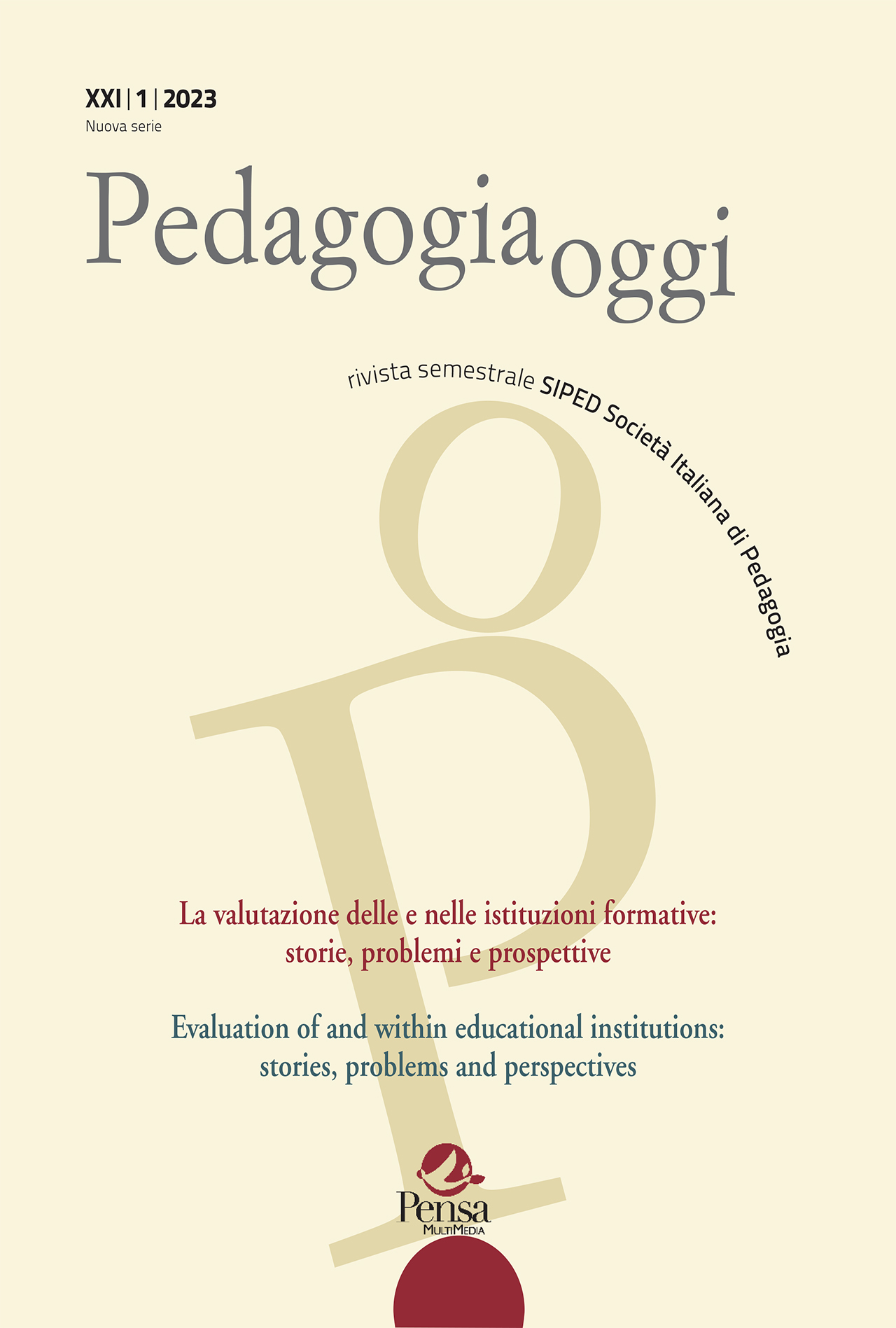What if voting inhibited learning? A comparison of different types of feedback: empirical research in a university setting
DOI:
https://doi.org/10.7346/PO-012023-16Keywords:
grade, self-assessment, exemplar, formative assessment, self-feedbackAbstract
Educational research has long noted that even in higher education assessment should be viewed as a strategic process through which students can improve their learning. In this context, special attention should be paid to the concept and the use of feedback. Numerous studies have pointed out that not always and not any feedback is equally effective: the grade would seem unsuitable when used in the context of formative assessment. In this context, empirical research was conducted, with an experimental design, to detect the impact of various types of feedback on the performance of 132 first-year CL SED students. Quantitative analysis of the data revealed the ineffectiveness of feedback consisting of a grade, while it showed a positive impact of other types of feedback including, in particular, self-assessment with the use of an assessment rubric.




